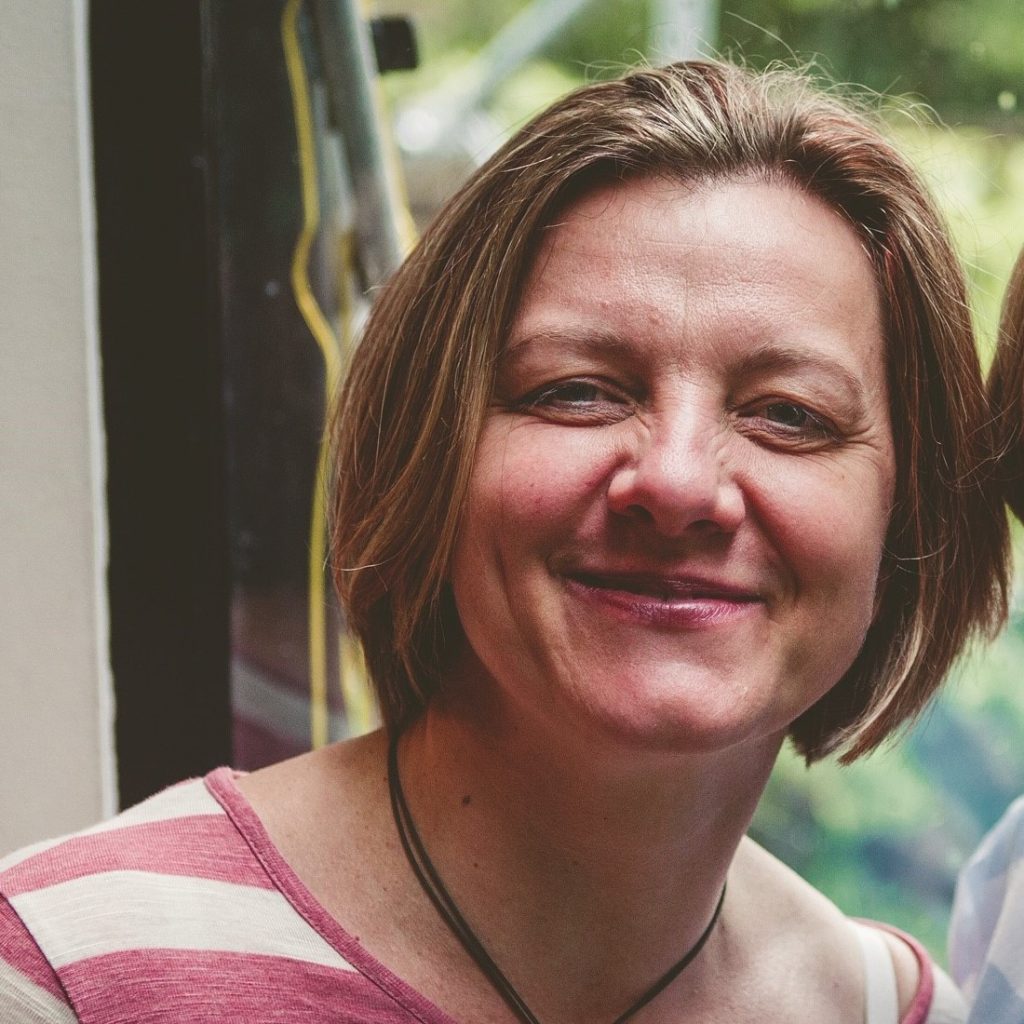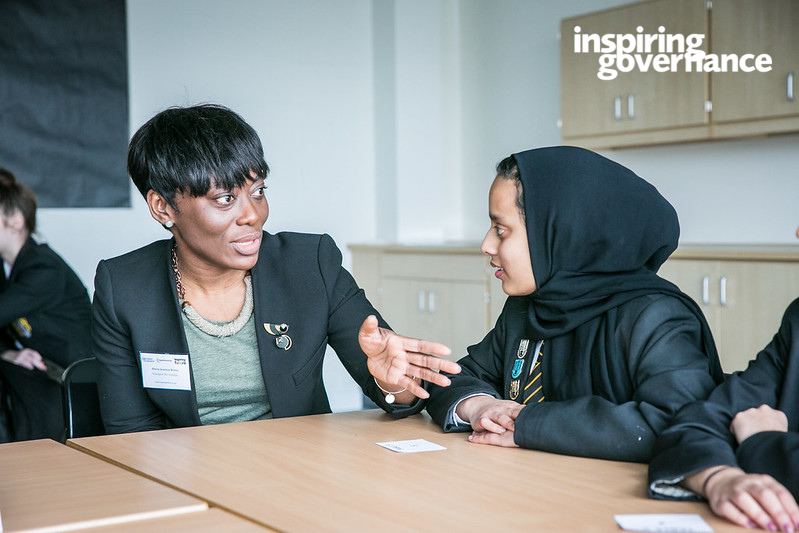Canterbury Christ Church University has recently signed the School Governor Champion Charter and is working in partnership with Inspiring Governance to promote and support governance opportunities for staff and students.

Juliet Flynn, Organisational and People Development Consultant will be a panel member for an upcoming webinar (details below), talking about her personal experience. This blog will delve deeper into how governance work has benefitted her professionally as well as personally.
Could you give a brief introduction?
For the last nine years I have been involved in the governing body (actually, a Board of Trustees, but let’s not get hung up on details just yet) of an outstanding local primary school, so I thought sharing my story might help persuade others to get involved too.
I started out while my children were at that school and although they have long since moved on, I seem to have stayed around.
Why did you join?
Well, at the time it was partly about seeing from the inside the school that was responsible for my children’s education. It was also at a time in my life where I wanted to do something more, beyond work and kids. I wanted to find another purpose, and governing was an opportunity to do that. I knew I had some great skills to offer and thought I could make a difference – it’s a bit cliched but I genuinely believe that. I’ll be honest that it took me a couple of years to really get my feet under the table and contribute fully. Now I’m Vice Chair and I suspect the others wish I’d be a bit quieter!
What impact can a school governor or trustee have?
A key one is that of support, particularly for the leadership team, and this has become particularly important over the past two years. Teachers and school leaders have been pushed to the brink, and I think just being there, having their back when other parts of the school system and community are piling on the pressure, giving them space to talk through their plans, has been an essential role recently. It’s been challenging to be a governor over the pandemic, especially thinking about the potential for blurred lines of responsibility, but working together as a team has made all the difference for the staff and the children.
I add a level of challenge to the school leaders – simply by asking questions, seeking clarification and encouraging discussion about strategic drivers – all adds to the continual development of the school, and the experience the children have at the school. Without that strategic lens it might be easy for any school to get caught up in the day-to-day functioning and ongoing practices and pressures. We all know from our own work experiences that we get comfortable in ways of operating, the “way we do things around here”, and that isn’t always best in the long term. My role is to support the school to continually reflect on its strategic aims and provide challenge to always be moving forwards.
What are the personal and professional benefits?
I have gained a sense of satisfaction that I have played a part in an outstanding school remaining outstanding, and that is not to be underestimated. Being in the role has also developed my confidence: at school I often find myself in conversations where I am not the subject matter expert, but that does not mean I have nothing to add. Even asking, “Can you tell me more about that? I’m not sure I understand,” can be hard but is essential.
My way of working is based on developing good relationships, something I have definitely done at school. However, I have needed to stretch beyond that to a place that I find much harder – that is, to be challenging and influential. These are great skills that I have transferred to other aspects of my life, and particularly in my work. Of course, there is also the knowledge that I have developed on education and educational policy, as well as about governance, committees and the skills to chair formal meetings.
My absolute favourite part of the role is spending time in school: joining in with classes or canteen lunches (when we aren’t in the middle of a pandemic); sitting in the staff room and chatting; or meeting with the school leaders to discuss ideas and plans. Others will find the more formal processes, meetings and financial responsibilities motivating. There are different opportunities to meet your own interests and expertise.
I’ll be honest, at times I feel a bit overwhelmed by the responsibility of it, but then I go into school and chat to the children about what they have been up to, or send a message to the Head to ask her how her day has been, and I remember what it’s all about. Being part of a school community gives me purpose, constant opportunities for development and great satisfaction. As with any volunteering role, it’s not something to be undertaken lightly, but if you are willing to commit, and have the education of the children at your heart, then it is hugely rewarding.
If you think school governance is for you, sign up via our partner page on the Inspiring Governance website. Once registered, you can search for opportunities near you, or schools and colleges may see your profile and contact you directly.
If you would prefer to find out more about the role first, come along to a lunchtime webinar hosted by Dominic Judge (Director of Inspiring Governance) and Lynn King (Head of Inspiring Governance Programme) on:
Monday 31st January, 2022, 12:15 – 13:00 hours
For more information and to book the webinar, please contact charlotte.goode@canterbury.ac.uk
 Connect
Connect Abbie-Rose Rigden
Abbie-Rose Rigden 1650
1650


